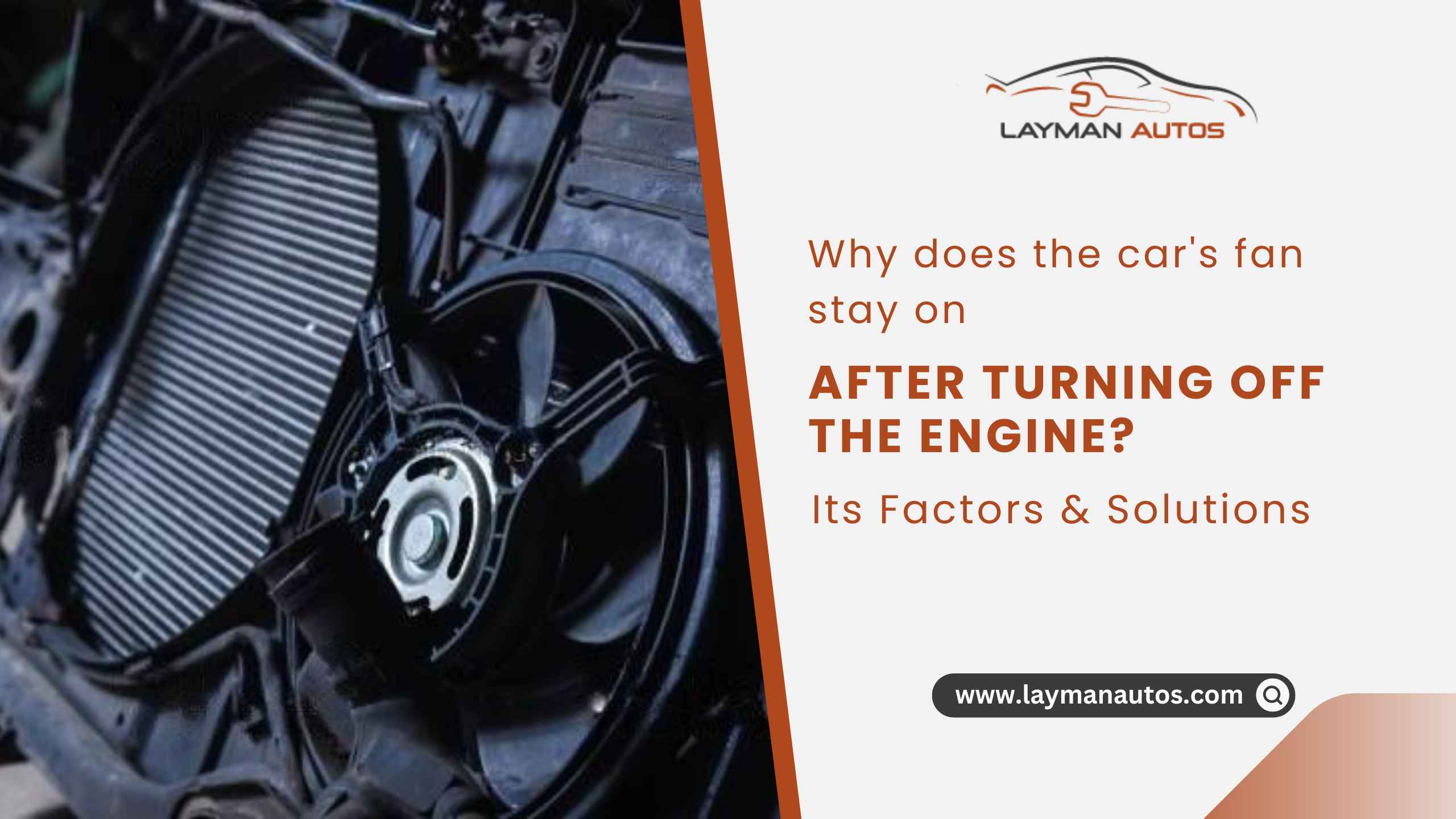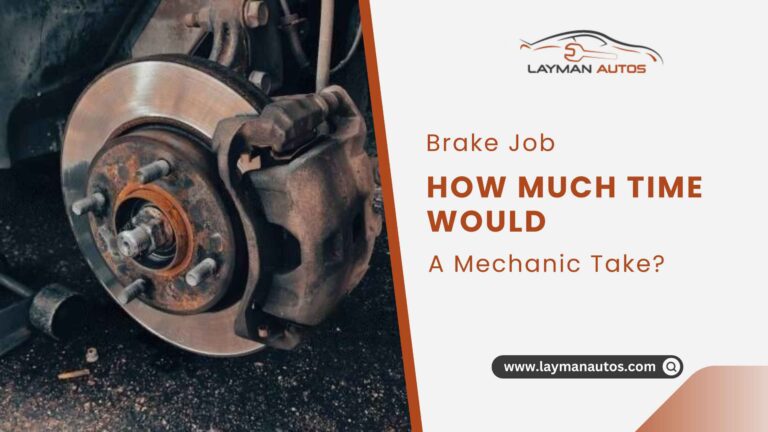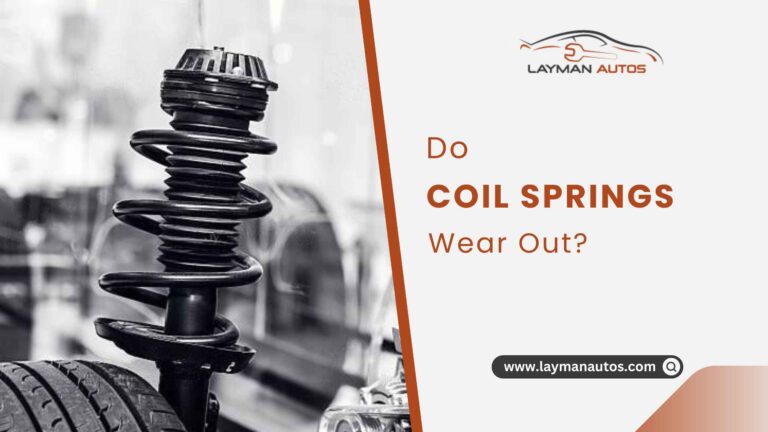Fan Noise After Engine Turned Off: Causes & Solutions
Whenever the car’s engine is running, coolant is pumped through the motor and discharged through the radiator to remove engine excess heat. The engine’s internal heat will be held for a longer time making the engine cool after shutting off if the coolant doesn’t keep flowing. After you turn off the car, the engine still benefits from the cooling effect of the running car’s radiator fan.
Did you notice a Fan noise after the engine turned off? It’s a normal occurrence, so no worries. Whenever you leave your car’s fan on after turning off the engine, it will continue to operate for a few minutes. But if it runs for more than usual, you must fix it.
No doubt many cars, including BMWs and Mercedes-Benz, function like this. It’s not uncommon for the radiator fan to run for five minutes or more without checking the engine light. This article will discuss common causes of car engine fan noise and ways to reduce it.
Causes of Fan Noise after Engine Turned Off:
Having your cooling fan running for more than 10 minutes after you turn off the engine is a common cause of these noises and indicates a potential problem.
Possible causes for the fan’s noise after switching the engine off include the following:
- Low Coolant,
- Faulty Coolant Temperature Sensor,
- Faulty PCM/ecu,
- Rusty Coolant Bypass Pipe,
- Faulty Radiator Fan Relay,
- Short in the Electrical Wires,
- Cracked Radiator,
- Worn Upper/lower Hoses,
- Leaking Heater Core,
- Leaking Thermostat Housing,
- Poor Maintenance
- Rusted Hoses, Etc.
Factors Causing Engine Cooling Fan Noise:
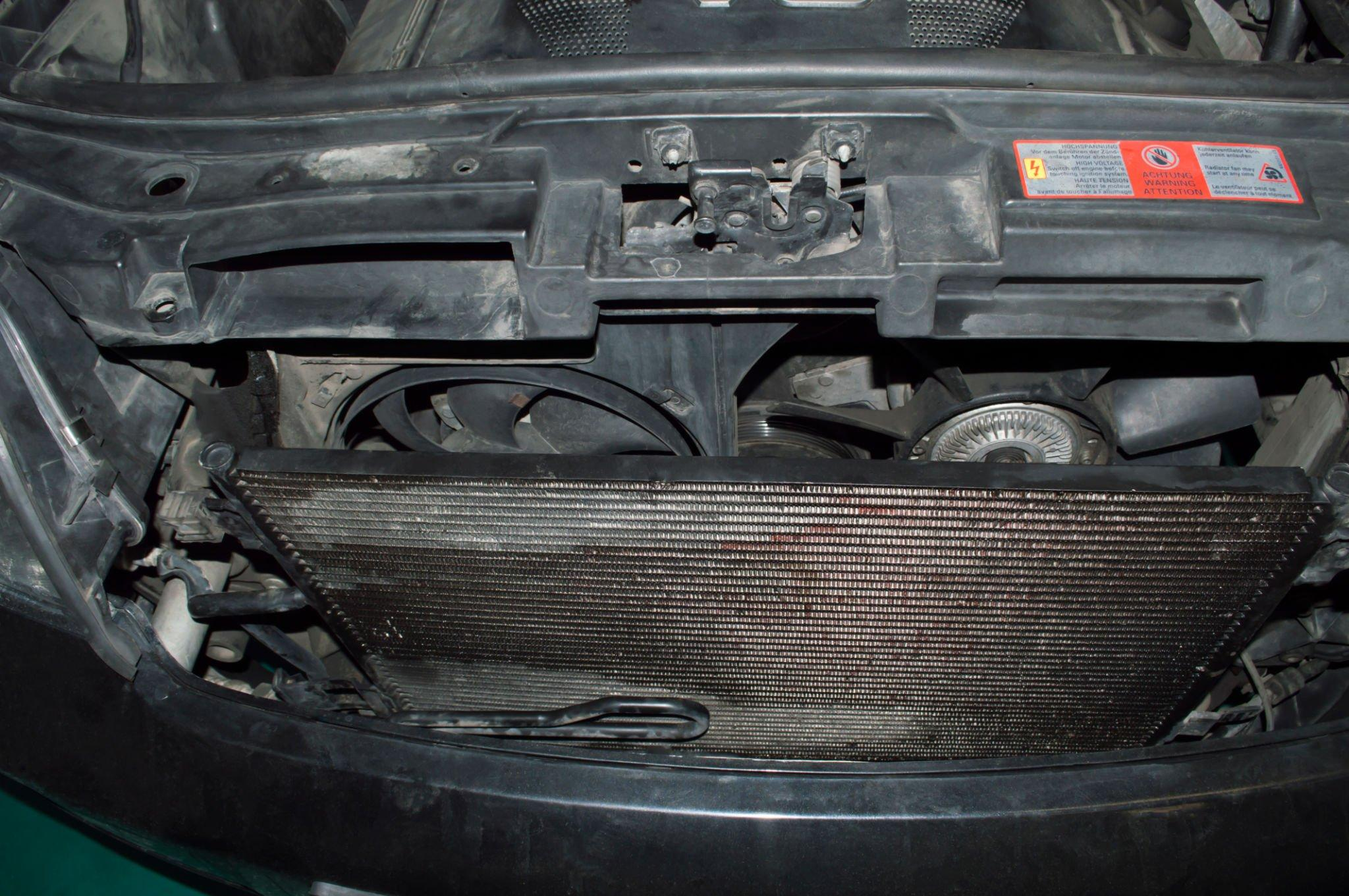
Several factors can contribute to audible vibrations from a radiator fan. Yet, the fan’s eventual failure is by far the most typical issue.
If the fan is malfunctioning, it may make abnormal noises or run more loudly than usual. Problems with your car’s electrical wiring could also be to blame for the whining noise.
For example, If the fan’s blades are worn or otherwise broken, it might cause friction and cause damage to the radiator’s housing or shroud. This can happen as a consequence of regular use, or if something hard, such as a rock, hits a fan blade and causes damage. A loud fan noise could be the result of loose bolts allowing the fan to vibrate in its mounting system.
Common reasons for noisy car radiator fans include:
1. Fan Clutch that is Too Loose
The car fan clutch activates the radiator fan on and off as needed to regulate its speed and prevent it from constantly running. Wear and tear on the engine fan relay clutch might cause it to generate a rattling noise if it fails.
2. Radiator Fan Shroud is Cracked or Missing
With the radiator fan cover in place, air may continue to flow freely over the radiator’s cooling fins. Your radiator fan might become unbalanced and generate a rattling sound if the fan shroud has been destroyed or damaged in any way. If the shroud protecting your radiator’s fan is broken or missing pieces, you should get a new one.
3. Faulty or Worn Bearings
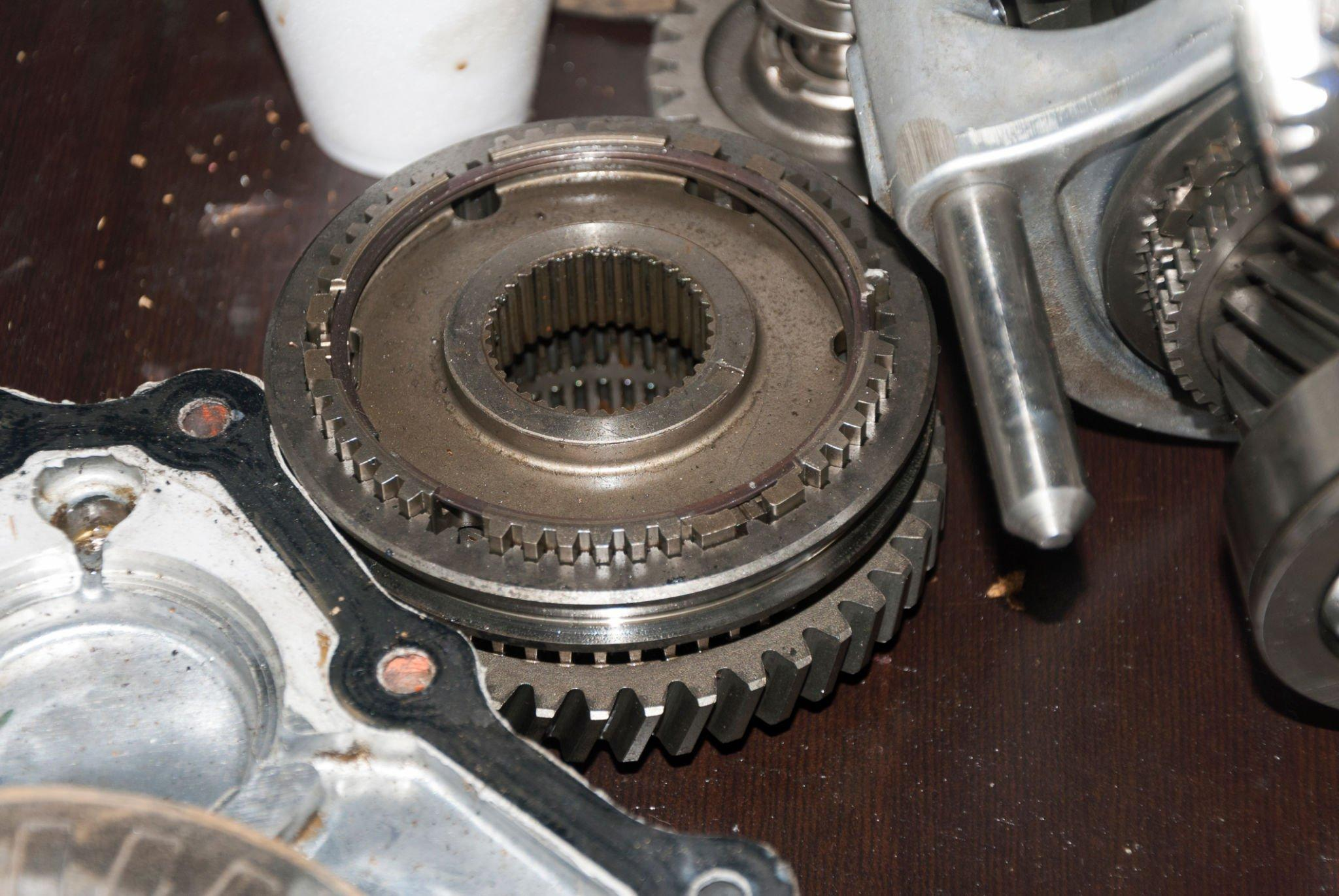
It’s common practice to place radiator fans on bearings or bushings so that they may spin freely and quietly. These bearings need to be checked regularly for wear and replacement if they start making noise or chatting due to age. In the event of a worn fan bearing, metal to metal contact will occur. The fan will become exceedingly loud as a result.
4. Fan Blades that are Broken
Clunks indicate a broken fan blade. The plastic fan blade probably cracked under the strain of its long use. It’s risky to drive with a broken fan blade, so get a new one as soon as possible.
5. Mounting Bolts For the Fan Motor are Loose
A loose car fan can cause vibrations that can damage the radiator and other parts, such as the fan shroud or hose. If your fan is shaking or vibrating excessively, it may be because the mounting bolts are loose.
6. Bad Brush Assembly in the Fan Motor
Your fan’s motor brush assembly is likely damaged if it sounds like a dull hum but does not turn at all. The motor brush assembly is what transfers power from the fan’s wires to the motor’s rotating brushes. Getting a new assembly is the only option at this point.
Fan Noise Can Be Reduced in a Number of Ways:
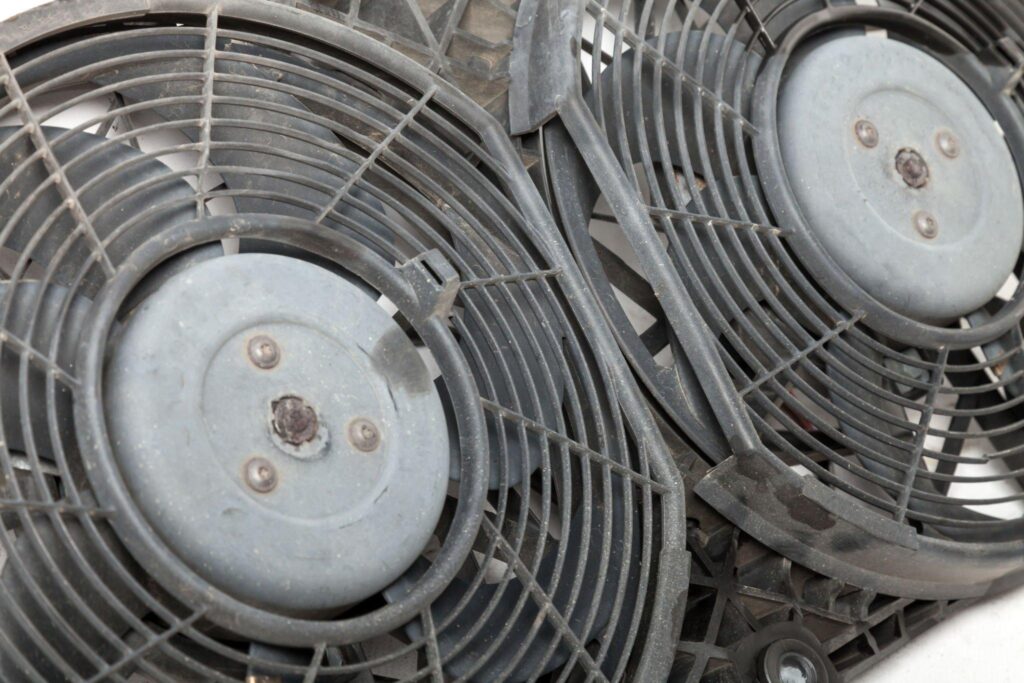
A number of solutions are available which can help in the reduction of noise produced by the Engine radiator cooling fan. Some of these solutions include:
1. Spec a Larger Fan and Run It at a Lower Speed.
To begin, you should order a bigger fan and set its speed lower.
It’s common knowledge that a device’s fan often makes more noise than the engine itself. The quicker you spin it, the louder it becomes. So, if you can fit a bigger fan into your engine design, you can increase the airflow with just that change and reduce the fan’s RPMs, saving fuel.
2. Use A Fan With a Variable-speed Drive.
The variable-speed drive utilizes cutting-edge engine cooling technology to provide cooling just when and where it’s needed.
It can be done by using information from the engine control unit (ECU) to generate a pulse-width modulation signal. This signal triggers an internal valve, which in turn controls the clutch and improves the efficiency with which the engine coolant, hydraulic oil, and other systems are cooled.
With proper optimization of cooling, the fan doesn’t run at full speed unless absolutely necessary, leading to significantly reduced noise levels.
3. Choose A Quieter Fan Model
That’s why it’s helpful to have a variety of alternatives when it comes to engine cooling fans. Engineers can adjust the amount of airflow reaching the engine by adjusting the material, number of blades, diameter, and shape of the blades. The appropriate amount of cooling prevents temperature variations from damaging components beneath the hood and keeps the engine quiet.
Are There Any Immediate Risks or Must Take Drastic Measures?
Even after you think you’ve turn off the ignition, in the car, it may still have some residual power. The car may continue to emit whining noises even after the engine has been turned off. Some cars are preprogrammed to still keep the engine cool their engine cooling fans and other components running even when the engine is shut off. The following is the typical case.
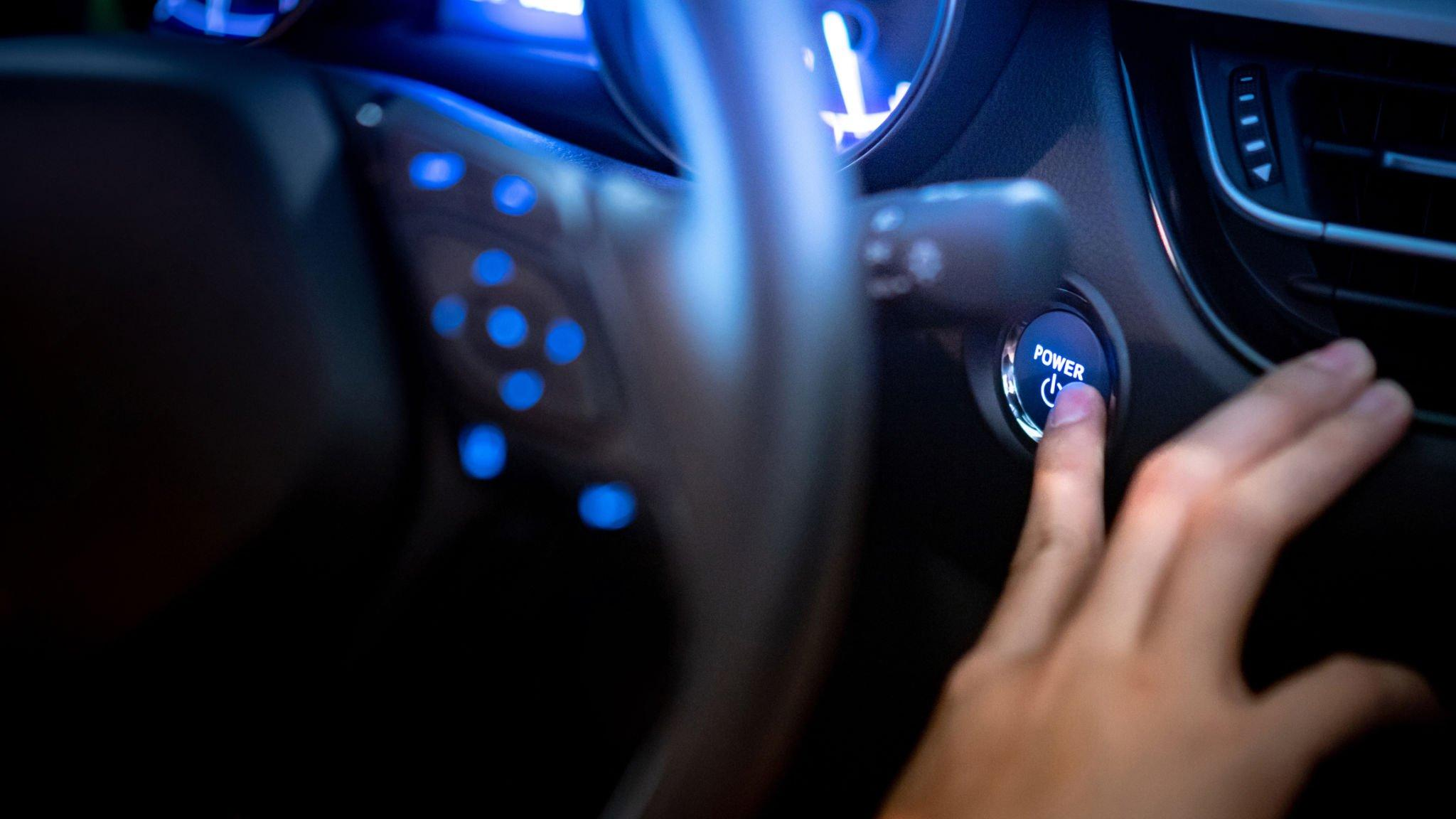
Let’s say someone just bought a brand-new 2018 Mazda CX-5. After returning from the car lot, the woman put her crossover in Park, turned off the engine, and locked the garage door. When she stepped away from the vehicle, she could hear the whirr of a fan coming from the trunk or the engine compartment.
She questioned the auto technician whether it was typical because she found it peculiar. The phenomenon is extremely common. Likewise, it is not unusual to hear various sounds coming from the engine compartment of a turned-off automobile.
Conclusion
We can sum up our discussion with these words that it is possible for radiator fans to fail without obvious signs of damage. The movement or vibration of the fan running, caused by electric and magnetic forces, might result in audible noise.
The noise the cooling fan stays the radiator makes could be due to loose screws, a faulty cooling fan, and bolts. If the noise stops once the fan is disconnected from the power and any other components, it may be because the fan is no longer making contact with them. A damaged blade or worn bearing might also be to blame for the noise coming from your engine fan.
FAQs
1. What’s the cause of the whirring sound I hear when I turn off the engine of my car?
The starter may be at fault in this instance; perhaps the Starter cut relay connections are jammed or broken. But the whirring sound might be the electric motor trying to cool down after a lengthy period of use. If the second scenario plays out, you can rest easy.
2. Why does my car make a knocking sound after turning the engine off?
It’s worth noting that with most vehicles, shutting off the engine doesn’t disable anything. Still, it’s not impossible, and kind of amazing, to pick up a trace of engine sounds even when the power is out.
It’s possible that the cooling fans or other systems are set to continue working even after the engine is turned off, which would explain the noise. It’s true that cooling fan relays in several automotive systems are intended to operate constantly even when the engine is shut off.

